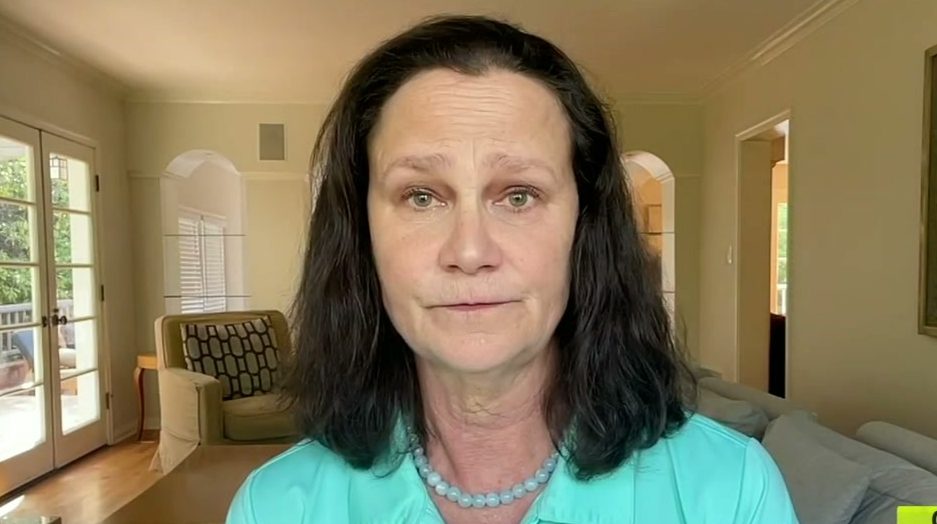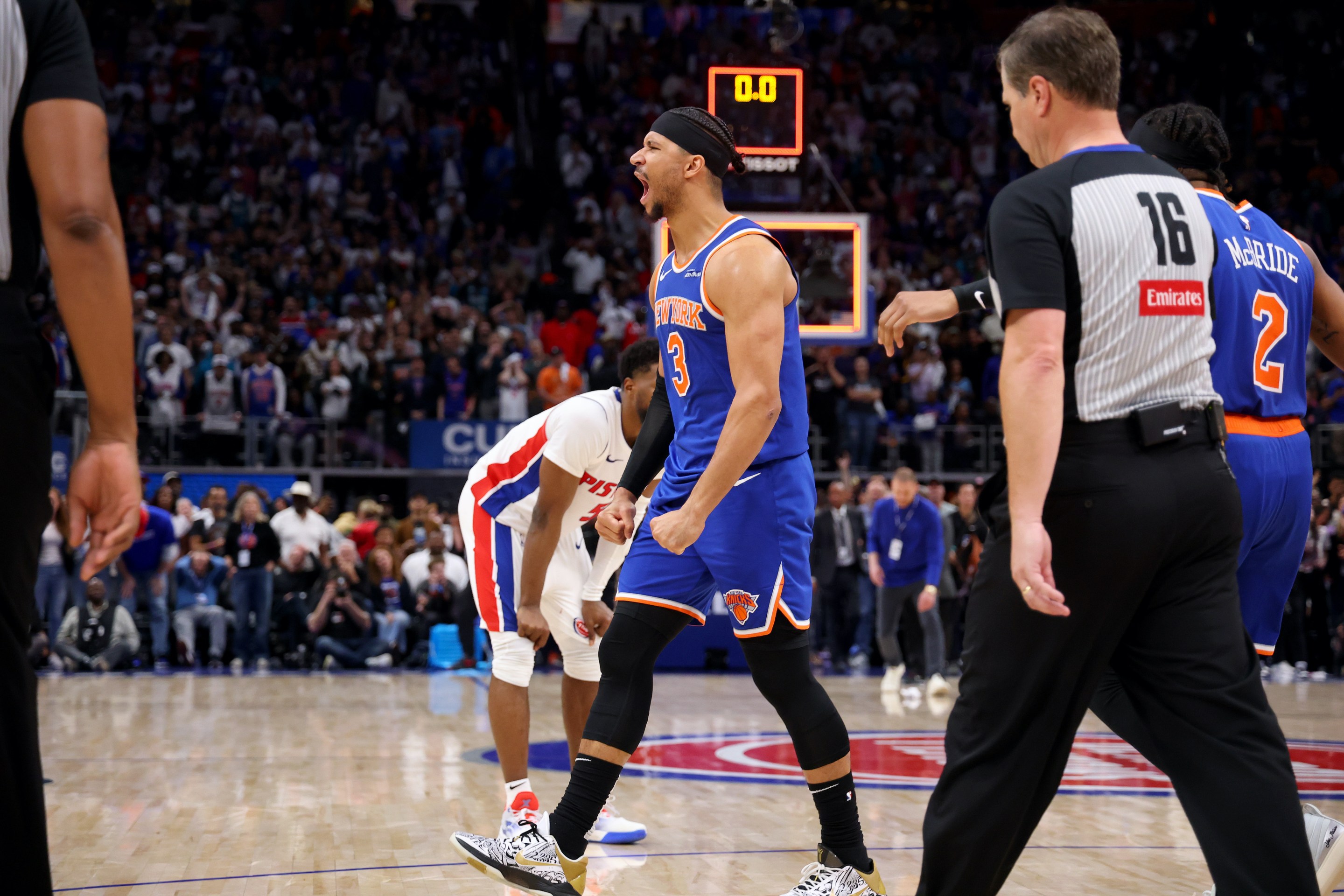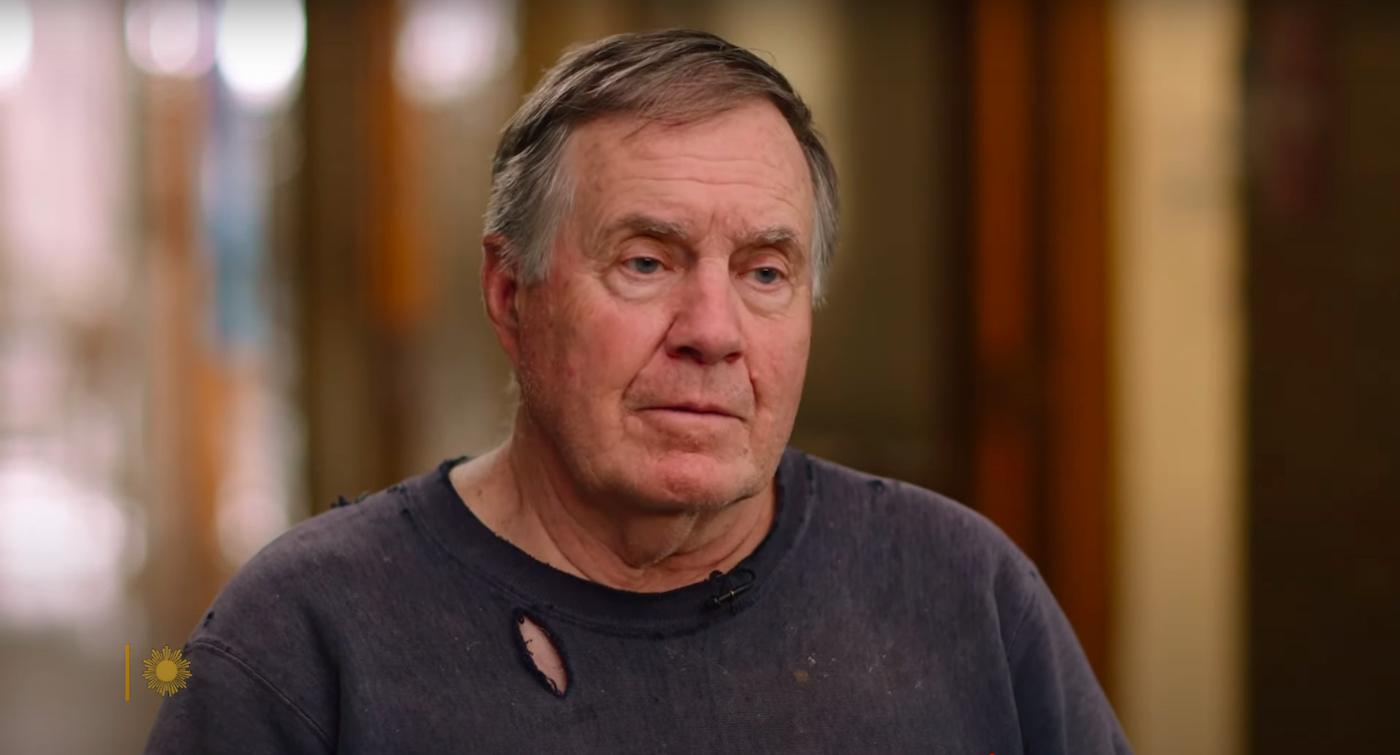Pam Shriver has come forward with an account of the relationship she had with a much older coach while she was still a teenager, playing on the women's tennis tour.
The Daily Telegraph ran Shriver’s account on Wednesday about the relationship she had with Don Candy, her first coach. She wrote that after decades of thought and some therapy, she realized that her relationship with the celebrated tennis teacher was “inappropriate and damaging."
"It hasn't been easy to rake over what happened, but it needs to be brought out into the open," she wrote. "My main motivation is to let people know this still goes on."
Shriver was introduced to the tennis world at the 1978 U.S. Open, where as a 16-year-old amateur she beat top-ranked Martina Navratilova in the semifinals before losing to former teen phenom Chris Evert. Shriver never made another major singles final, but her impressive career tour stats (21 Grand Slam doubles titles, and 21 singles titles on the women’s pro tour) earned Shriver a 2002 induction into the International Tennis Hall of Fame. She teamed up with Navratilova to win all four Grand Slam doubles titles in 1984, and they remain the only pair to win all the majors in a calendar year.
In her Daily Telegraph essay, Shriver recalled first meeting Candy shortly after Christmas in 1971. Her parents stuffed her stocking with a gift certificate for a tennis lesson at the same club near her Baltimore home, where her mom played socially. The instructor was Candy, an accomplished Australian player who had won a French Open doubles title decades earlier. She noted his accent and laughed at his jokes. Candy was 42.
“I was nine years old,” she wrote.
The relationship didn’t turn inappropriate, Shriver said, until she joined the women’s tour as a 15-year-old. Candy remained her coach, and he also became her chaperone as they began traveling the world together. Her parents blessed the arrangement and stayed back in Baltimore, where her father ran a small insurance company and her mother took care of her younger sister. Shriver said she and the coach became physically involved in 1979, after a five-month losing streak left her emotionally spent.
“I was 17 years old,” she wrote. “He was 50.”
They kept it going on for five years, Shriver said.
When Candy died in June 2020, at age 91, the obituaries led off with accounts of him mentoring a young Shriver to tennis greatness. Shriver offered only glowing remembrances at the time.
“Our 15-year tenure as player and coach was filled with hard work and laughter, a key for me to have a 19-year playing career,” Shriver told WTA Tour, an official publication of the Women’s Tennis Association, for its Candy appreciation. “Without Don moving to my hometown of Baltimore to coach, I never would have become the player I became.”
Even in her confessional memoirette, she wrote that she feels “conflicted” to this day about the morality of what went on between her and Candy. “Yes, he and I became involved in a long and inappropriate affair,” Shriver wrote. “Yes, he was cheating on his wife. But there was a lot about him that was honest and authentic. And I loved him.”
Shriver wrote that she hopes now to make a difference, and she lamented how previous opportunities to lessen sexual abuse of women on the tour “have been missed.” In her essay, she cited the chilly reception the tennis world gave the 1993 book by investigative reporter Michael Mewshaw, Ladies of the Court. Mewshaw's book told readers that the administrators and promoters of the women’s tour "need to advise players about the potential for abuse [and] warn coaches that exploitative behavior will be penalized."
“His reward for trying to blow the whistle was to see his book banned from the grounds of tournaments,” Shriver wrote. “I hope we can do better in the year 2022.”
Mewshaw, reached by Defector at his Florida home, said he appreciated Shriver’s validating words about his book and the difficulty of coming forward to relive her own trauma. Mewshaw confirmed that WTA promoters did ban his book’s sale on tournament grounds, just as Shriver said, and he added that his media credential to cover the tour was immediately revoked.
“I interviewed Pam Shriver at some length for the book,” Mewshaw said, “and specifically asked her about sexual abuse. She denied it, said it was not taking place on the tour. I also asked her specifically whether she had had this relationship with Don Candy. It was the rumor all over for a long time. All sorts of players and journalists had told me about it. Don Candy’s friends all knew about it. When I asked, she broke into tears, and really lost control, and after she regained composure, she said, ‘I’m only crying because this is totally untrue. This is false!’”
Around this time of his interview, Mewshaw pointed out, Shriver was serving as president of the WTA Players Association.
Mewshaw said he learned about Shriver’s piece and her desire to set the record straight from the Washington Post. He recalled with some annoyance that the same newspaper gave a dismissive review to Ladies of the Court when it came out. Reviewer Grace Lichtenstein, a former New York Times reporter, spent most of her piece pooh-poohing the book’s repeated warnings that young women on the pro tour were being taken advantage of by male and generally older mentors. Lichtenstein describes Mewshaw’s work as a collection of “sensational tales that lacked adequate documentation.”






